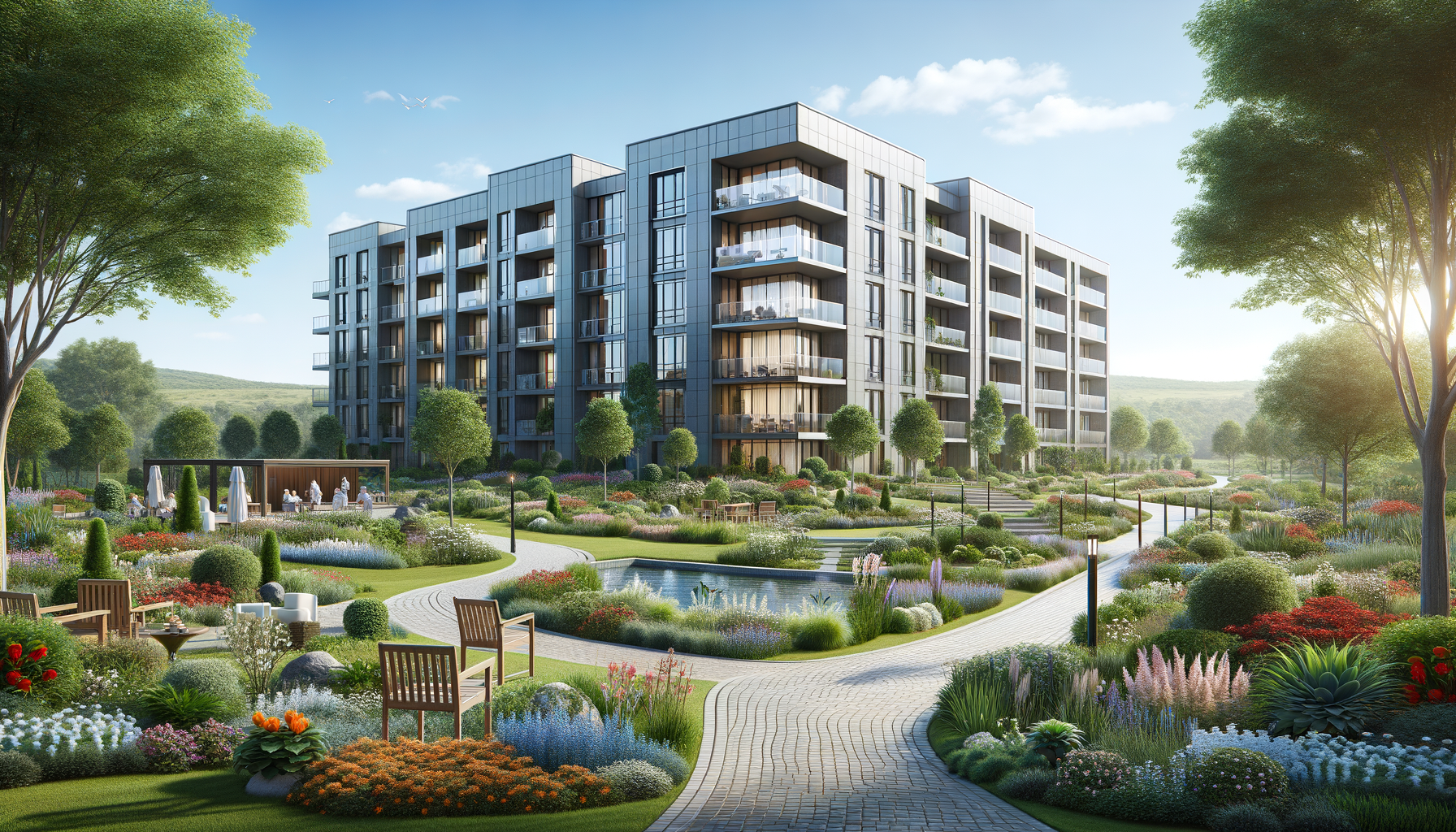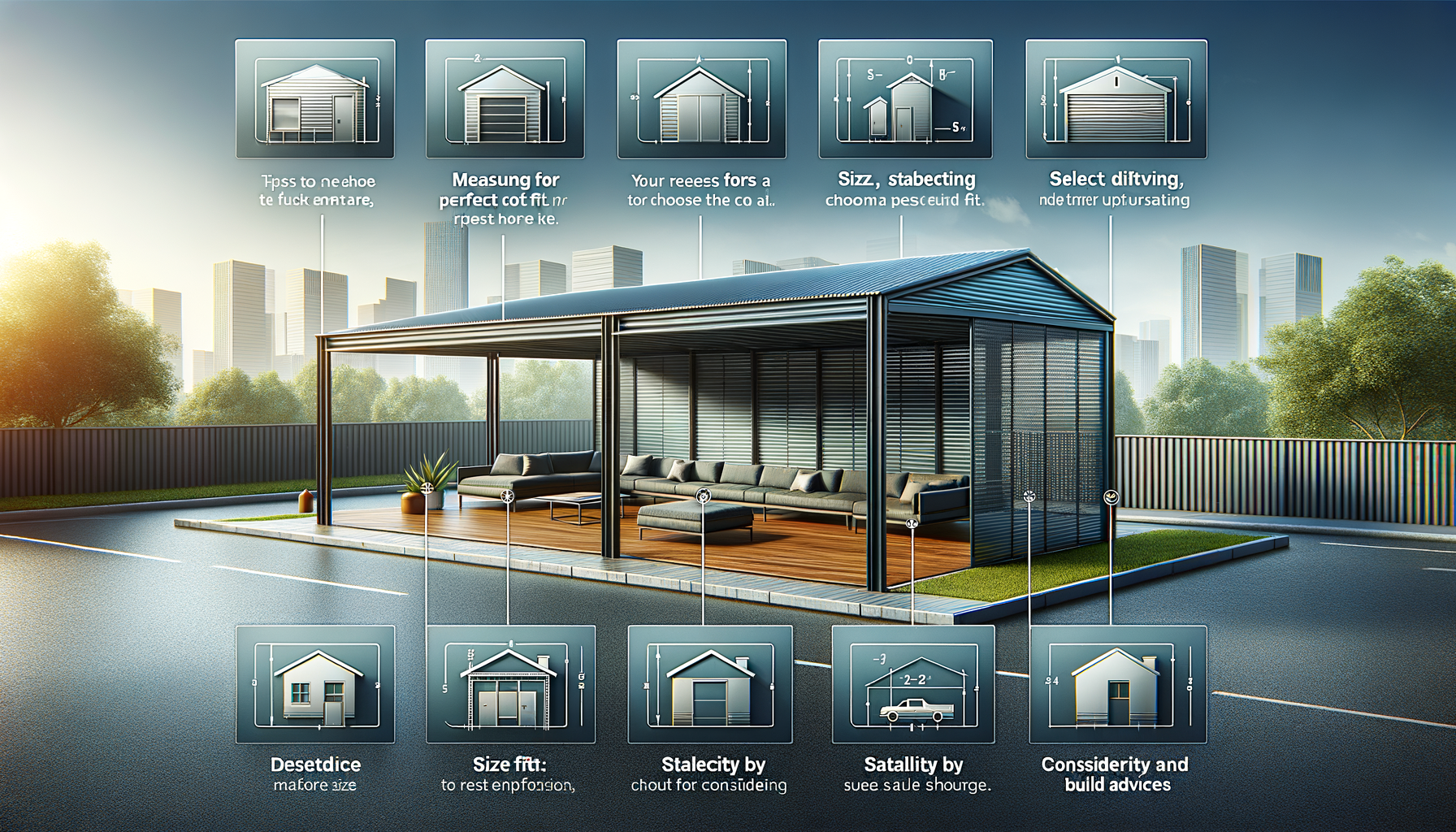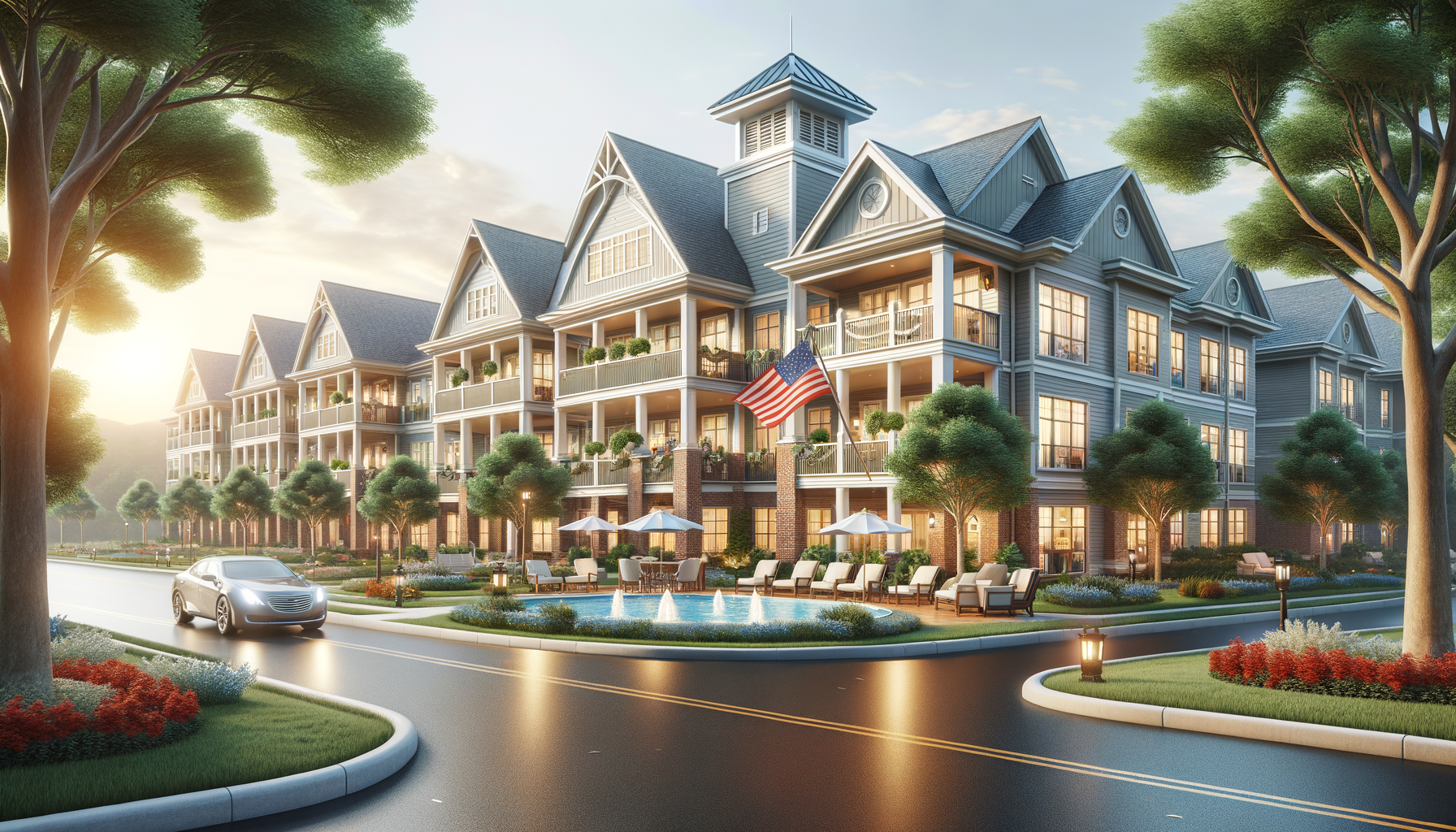
Highly Rated Assisted Living Communities That Offer Memory Care
Introduction to Memory Care in Assisted Living
In today’s fast-paced world, families are increasingly seeking specialized care options for their loved ones who are experiencing memory loss due to conditions like Alzheimer’s and dementia. Assisted living communities that offer memory care provide a supportive environment tailored to the unique needs of these individuals. These communities are designed not just to offer a safe haven, but also to enhance the quality of life through specialized programs and compassionate care.
Memory care units within assisted living facilities are distinct in their approach, focusing on providing a structured environment with routines that help reduce stress for residents. These settings are equipped with trained staff who understand the complexities of memory-related conditions and are skilled in providing the necessary support. As a result, families can have peace of mind knowing their loved ones are in capable hands.
Features of Memory Care in Assisted Living
Memory care in assisted living communities comes with a host of features specifically designed to cater to residents with memory impairments. These features include secure environments that prevent wandering, which is a common concern with dementia patients. The architecture of these facilities is often crafted to be easy to navigate, reducing confusion and anxiety for residents.
Programs are another cornerstone of memory care. These are tailored to stimulate cognitive function and include activities such as music therapy, art classes, and reminiscence therapy. Such activities not only engage residents but also help in slowing the progression of memory loss by keeping the brain active.
- Specialized staff training in dementia care
- Structured daily routines to reduce stress
- Therapeutic activities designed to enhance cognitive function
These features collectively create an environment where residents can thrive, maintaining a sense of dignity and independence as much as possible.
Choosing the Right Community
When selecting an assisted living community with memory care, families should consider several factors to ensure it meets their loved one’s needs. Location is often a primary consideration, as proximity to family can make visits more frequent and easier. Additionally, the quality of staff and the level of personalized care are crucial elements.
Families should inquire about the staff-to-resident ratio, as a lower ratio often indicates more personalized attention. Visiting the community, observing interactions between staff and residents, and reviewing the facility’s safety measures are also important steps in the decision-making process.
- Assess the facility’s safety and security measures
- Check the staff-to-resident ratio
- Review the community’s reputation and resident testimonials
Ultimately, the goal is to find a community where the resident will feel comfortable and supported, ensuring a better quality of life.
Benefits of Memory Care Communities
Memory care communities offer numerous benefits for individuals with dementia or Alzheimer’s. One of the primary advantages is the specialized care that addresses the unique challenges posed by memory loss. Residents receive personalized attention from caregivers who are trained to handle the complexities of these conditions.
Moreover, these communities provide a structured environment that helps reduce anxiety and confusion. The routine and familiarity of the setting help residents feel secure and at ease. Social interaction is encouraged through group activities, which can significantly improve a resident’s emotional well-being.
Additionally, families benefit from knowing their loved ones are in a safe and supportive environment. This peace of mind allows family members to focus on their relationship with the resident, rather than being overwhelmed by caregiving responsibilities.
Conclusion: Making an Informed Decision
Choosing the right assisted living community with memory care involves careful consideration and research. It’s essential to weigh the features and benefits of each option, ensuring that it aligns with the specific needs of the resident. By prioritizing safety, specialized care, and a supportive environment, families can make informed decisions that enhance the quality of life for their loved ones.
As the demand for memory care continues to grow, these communities are evolving to offer more comprehensive and compassionate care. By understanding what to look for and the benefits provided, families can find comfort in knowing they are making a positive impact on their loved one’s life.


